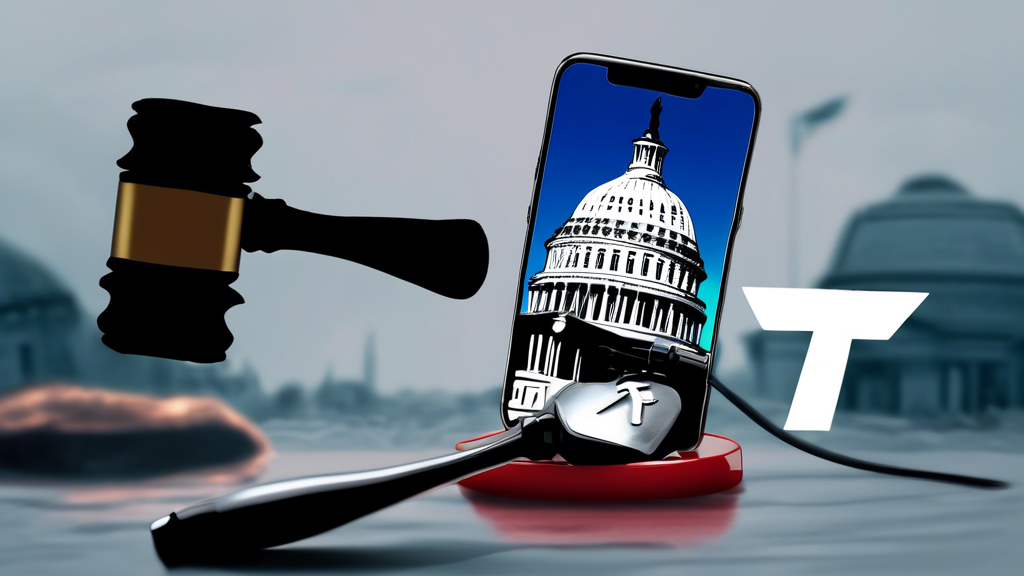Breaking: TikTok Ban Inches Closer to Reality In the US — House Passes Bill In Weekend Vote, Senate Vote Looms
In a significant move that could potentially alter the social media landscape in the United States, the House of Representatives has voted in favor of a bill that may lead to the banning of TikTok, the popular video-sharing platform, across the nation. This decision, made over the weekend, sends a strong message regarding the growing concerns around data privacy and national security issues related to apps owned by companies based in China.
Details of the House Vote
The bill received broad bipartisan support, highlighting the cross-party consensus on the issue of foreign technology firms operating in the U.S. The specific contents of the bill have not been fully disclosed, but reports suggest that it aims to give the President the authority to ban TikTok and possibly other similar applications if they are found to pose a national security threat. With the House’s approval, the focus now shifts to the Senate, where a vote is expected to take place in the coming weeks.
Implications for TikTok and Its Users
TikTok, owned by the Chinese company ByteDance, has faced scrutiny in the U.S. and other countries over concerns that it could be compelled to hand over user data to the Chinese government or spread misinformation. The platform has vehemently denied these allegations, asserting its commitment to protect its user’s data and maintain independence from the influence of any government. Despite these assurances, the potential ban has sparked a debate about users’ rights, digital privacy, and the global reach of national security laws.
The Reaction
The announcement of the House’s decision has led to a flurry of reactions from various stakeholders. TikTok spokespersons have criticized the move as an infringement on the freedom of speech and an unnecessary escalation of tech trade tensions between the U.S. and China. Meanwhile, cybersecurity experts and lawmakers who advocate for the bill argue that the ban is a necessary step to safeguard national security and protect American citizens from foreign surveillance and influence.
What Comes Next?
As the bill moves to the Senate for a decisive vote, the future of TikTok in the U.S. hangs in the balance. Should the Senate pass the bill, it will be presented to the President for signing into law. The outcome of this legislative process could set a precedent for how the U.S. deals with foreign technology companies moving forward. For now, TikTok users, tech industry observers, and policymakers alike await further developments with bated breath.
In conclusion, the House’s vote over the weekend marks a critical moment in the ongoing discourse around digital privacy, national security, and the role of foreign technology firms in the United States. As the Senate prepares to weigh in on the matter, all eyes are on what could be a historic decision with far-reaching implications for the tech world and beyond.

